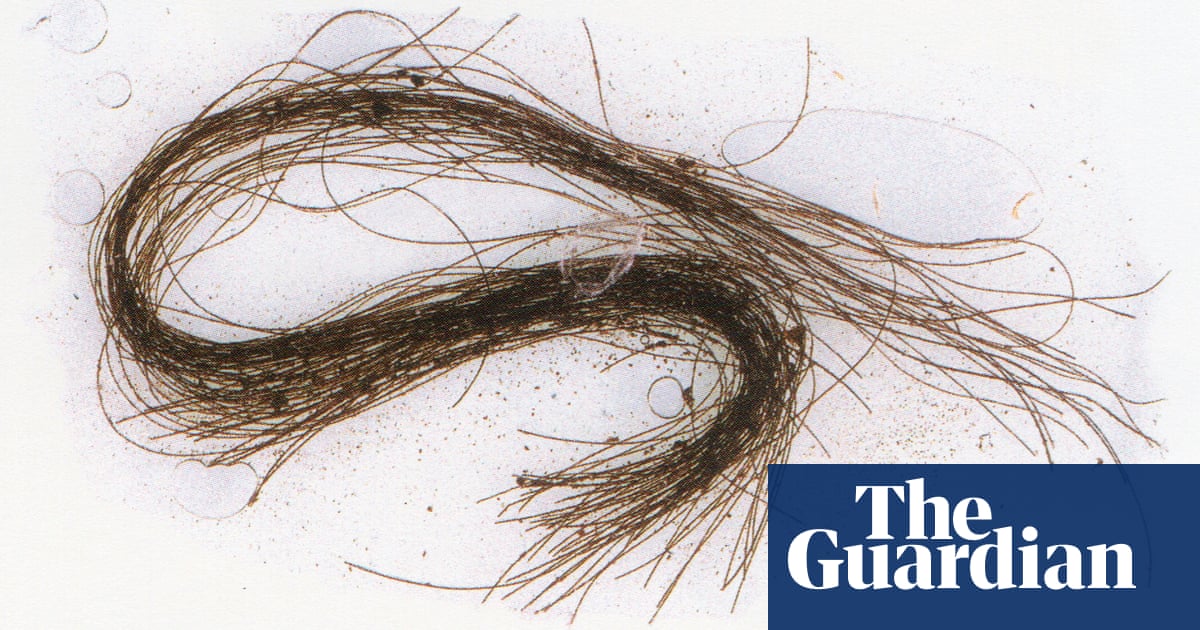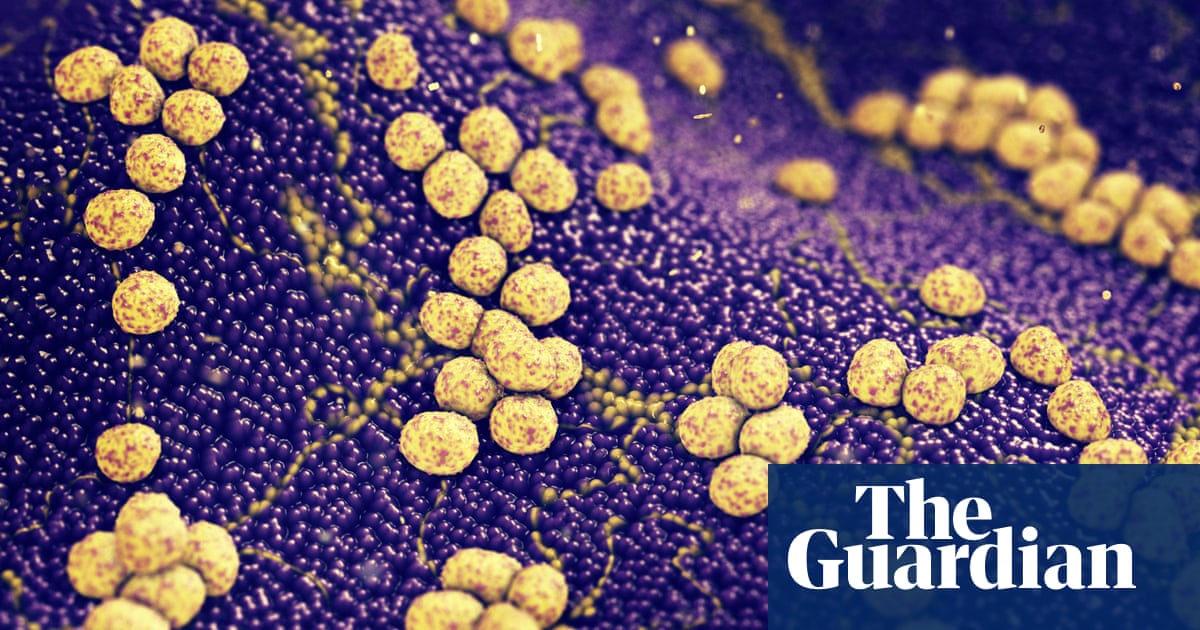
Scientists have uncovered evidence that dangerous versions of superbugs can spread from pigs to humans. The discovery underlines fears that intensive use of antibiotics on farms is leading to the spread of microbes resistant to them.
The discovery of the link has been made by Semeh Bejaoui and Dorte Frees of Copenhagen University and Soren Persson at Denmark’s Statens Serum Institute and focuses on the superbug Clostridioides difficile, which is considered one of the world’s major antibiotic resistance threats.
“Our finding indicates that C difficile is a reservoir of antimicrobial resistance genes that can be exchanged between animals and humans,” said Bejaoui, who is due to present her study at the European Congress of Clinical Microbiology & Infectious Diseases in Lisbonon Sunday. “This alarming discovery suggests that resistance to antibiotics can spread more widely than previously thought, and confirms links in the resistance chain leading from farm animals to humans.”
C difficile infects the human gut and is resistant to all but three antibiotics in use today. Some strains contain genes that allow them to produce toxins that can trigger gut inflammation and life-threatening diarrhoea in the elderly and in hospital patients. The bacterium is considered one of the biggest antibiotic resistance threats in developed countries. In the US, it caused an estimated 223,900 infections and 12,800 deaths in 2017 and cost the healthcare system more than $1bn.
Doctors and scientists have warned for years that over-prescribing antibiotics for trivial complaints or infections caused by viruses which do not respond to antibiotics threatens to lead to the spread of resistance to this critically important class of drugs.
In addition, they have stressed that the problem is being intensified by the widespread use of antibiotics on farms where they are given to animals – most often pigs and poultry but sometimes also cattle – in order to keep them in poor, basic conditions where disease spreads easily.
The result has been a rapid increase in antimicrobial resistance across the world. Once-effective antibiotics are now less able to fight common infections, a danger to global health that was summed up by Margaret Chan, former director general of the World Health Organization. “Antimicrobial resistance is on the rise in Europe and elsewhere in the world,” she said. “We are losing our first-line antimicrobials. Replacement treatments are more costly, more toxic, need much longer durations of treatment, and may require treatment in intensive care units.”
It is estimated about 750,000 people die every year from drug-resistant infections and it is feared that, by 2050, this number could reach 10 million and cost more than $100tn to global health services, according to the Union for International Cancer Control.
These fears have led to pressure being put on doctors to reduce prescription of antibiotics and so slow the rise of antimicrobial resistance. However, medical authorities have pointed out that two-thirds of antibiotics are not used on humans at all but are given as agricultural additives. This is done to stave off illnesses and infections in animals that are being kept in conditions that would otherwise cause disease.
In their research, the team led by Bejaoui focused on investigating the prevalence of C difficile in farm animals. In this case, pigs were studied and results were compared with clinical isolates from Danish hospital patients to see if there was a match in humans. Samples were screened for the presence of C difficile and genetic sequencing was used to identify whether they harboured toxin and drug resistance genes.
“We found that the strains isolated in pigs were genetically identical to the ones found in humans over the same period,” Bejaoui said. “We have still to show that the strains were passed from pigs to humans but what our study does make clear is that farms that use antibiotics are creating conditions which allow resistant strains to flourish and these will ultimately infect humans.
“Of particular concern is the large reservoir of genes conferring resistance to aminoglycosides, a class of antibiotics to which C difficile is intrinsically resistant. It thus plays a role in spreading these genes to other susceptible species. This study provides more evidence on the evolutionary pressure connected with the use of antimicrobials in animal husbandry, which selects for dangerously resistant human pathogens.”












